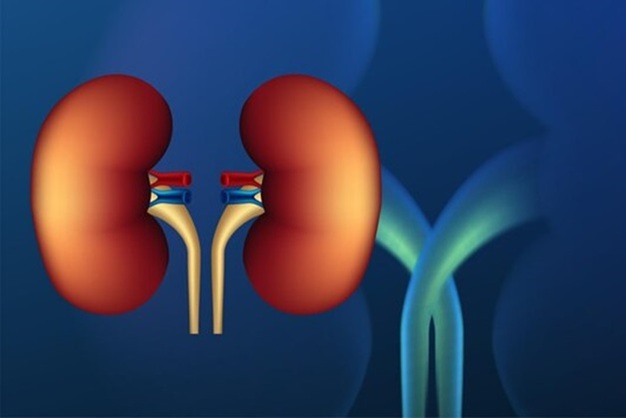Introduction
Kidney transplantation is a life-saving medical procedure that provides hope and a new beginning for people suffering from end-stage renal disease (ESRD) or other severe kidney disorders. This remarkable surgical intervention replaces a non-functioning kidney with a healthy one, enabling recipients to regain their health and independence. In this article, we'll delve into the world of kidney transplantation, exploring the process, benefits, challenges, and the hope it offers to countless individuals worldwide.
The Need for Kidney Transplants
The kidneys are vital organs responsible for filtering waste and excess fluids from the blood, maintaining electrolyte balance, and regulating blood pressure. When they fail due to conditions like chronic kidney disease, diabetes, or hypertension, the body can no longer rid itself of toxins, leading to a range of complications and eventual organ failure. Kidney transplantation becomes a life-saving option for these individuals.
The Transplantation Process
- Evaluation: The journey to a kidney transplant begins with a comprehensive medical evaluation, which assesses the recipient's overall health and suitability for the procedure. Compatibility with a donor is a critical factor, and living or deceased donor options are considered.
- Finding a Donor: Kidneys can be donated from living or deceased individuals. Living donors usually provide one of their kidneys, while deceased donors can contribute their kidneys upon passing, if they meet the necessary criteria.
- Surgical Procedure: Kidney transplantation surgery involves removing the damaged kidney and replacing it with the healthy donor kidney. The procedure typically lasts several hours, and patients are closely monitored throughout.
- Recovery: After the surgery, recipients require a hospital stay for observation and initial recovery. Lifelong medication, including immunosuppressants, is prescribed to prevent rejection of the new kidney.
Benefits of Kidney Transplantation
- Restoration of Health: A successful kidney transplant can restore normal kidney function, allowing recipients to lead healthier, more vibrant lives.
- Dialysis Independence: Many kidney transplant recipients no longer require regular dialysis treatments, offering them a newfound sense of freedom and normalcy.
- Enhanced Quality of Life: With improved kidney function, recipients can enjoy a more active and energetic lifestyle, unrestricted by the constraints of kidney disease.
- Prolonged Life: Kidney transplantation is associated with a longer life expectancy compared to remaining on dialysis.
Challenges and Considerations
While kidney transplantation is a remarkable procedure, it is not without its challenges:
- Organ Shortage: There is a significant shortage of available donor kidneys, leading to long waiting lists for transplantation.
- Immunosuppression: Recipients must take immunosuppressive medications for life to prevent the body from rejecting the new kidney. These medications come with potential side effects and increased susceptibility to infections.
- Transplant Risks: As with any surgery, kidney transplantation carries risks, including infection, bleeding, or complications related to the new organ.
- Rejection Risk: Despite immunosuppressive medications, there is always a small risk of organ rejection, which requires close monitoring and potential treatment adjustments.
Conclusion
Kidney transplantation is a remarkable medical intervention that offers a lifeline to those suffering from end-stage renal disease. It provides a second chance at a healthier, more vibrant life, free from the constraints of kidney failure and dialysis. While challenges such as organ shortages and lifelong medication use exist, the potential benefits far outweigh the risks. Through awareness, education, and increased organ donation, we can continue to offer hope and improved health to those in need of this transformative procedure.
.pdf%20300X60%20PX-02-02.svg)



